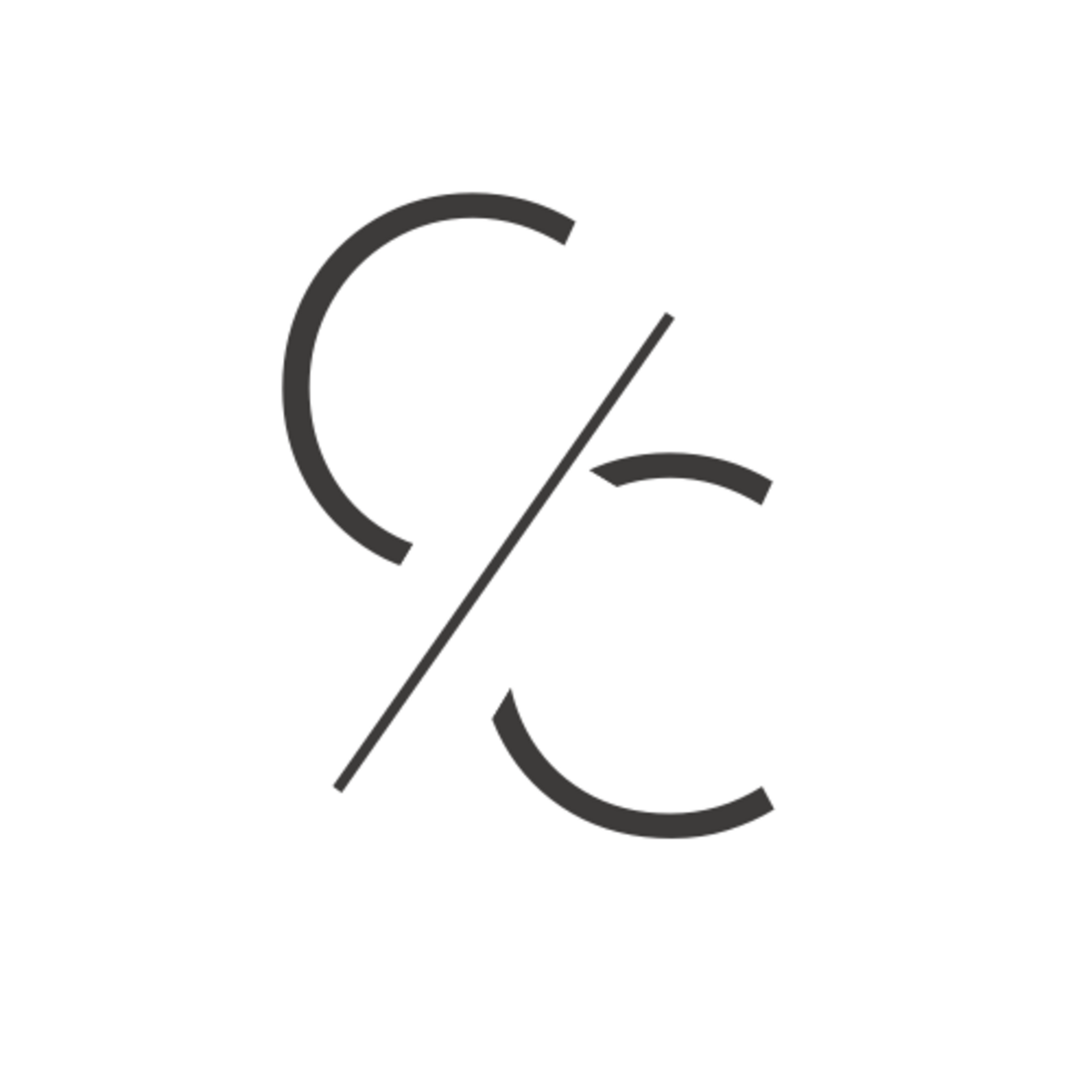Trust isn't the unfixable "black box" most leaders believe it to be. This newsletter breaks trust down into a three-part psychological framework from 1985, giving you a precise diagnostic to actually fix it.
What you'll learn:
Why the vague feeling "I can't trust my co-founder" is a useless management cliché—and how to replace it with a precise diagnostic.
The 1985 psychological framework that breaks trust into three distinct, measurable components.
A three-question "Quick Win" to pinpoint exactly where trust is broken in any high-stakes relationship (and what to do about it).
The Story: The Black Box of Leadership
I was in a coaching session with a CEO last month. He was visibly frustrated with his Chief Technology Officer, a partner he'd worked with for eight years.
"I just don't trust him anymore," the CEO said, rubbing his temples.
"What do you mean?" I asked.
"I don't know," he said. "He's just... I can't rely on him. The vibe is off. I'm always double-checking his team's work."
His response is the moment every leader dreads. Trust is the black box of leadership: a mysterious, all-or-nothing component that we believe powers every high-performing relationship, but one we're terrified to open up and inspect. We just know when it stops working.
This is the "trust trap." For most leaders, trust is a vague, monolithic feeling. And in most organizations, there's a tragic, unspoken assumption: once it's gone, it's gone forever. The relationship is deemed unsalvageable. You're left with a binary choice: fire them or suffer.
This belief is so common because we treat the black box as un-openable. But "I don't trust him" is a failure of diagnosis, not a final judgment. It’s as useless as a doctor telling you, "You're sick." It's a symptom that provides no path to a cure.
The good news is that trust can be broken down and rebuilt. The problem isn't that it's impossible, it's that the tools for it aren't well-known. We can move from feeling to diagnosis. And as it turns out, a team of researchers already gave us the schematic for the black box back in 1985.
The Insight: The Three-Legged Stool of Trust
In 1985, researchers John Rempel, John Holmes, and Mark Zanna at the University of Waterloo published a paper, "Trust in Close Relationships". They wanted to know what trust actually is.
They discovered it isn't one thing. It's a three-part model, a "three-legged stool." If any one leg is wobbly, the entire structure collapses.
The three components are:
Predictability: This is the most basic level. It's the "consistency and stability of a partner's specific behaviors, based on past experience"
(= the sales report always lands in your inbox at 5 PM on Friday, as promised.)
This is trust based on data. Does this person show up on time? A lack of Predictability sounds like: "I never know which version of him I'm going to get."Dependability: This is a deeper, dispositional trust. It's the confidence in your partner's character in the face of risk
(= she takes full ownership for a team mistake in the client meeting, even though it wasn't her fault.)
It's about their integrity. Can I rely on this person to keep a promise, even when it's hard? A lack of Dependability sounds like: "He's consistent, but I'm not sure he has my back when it really matters."Faith: This is the highest, most resilient form of trust. It's the feeling of confidence in the relationship's ability to handle an uncertain future
(= your top competitor just raised $100M. You're worried about the market, but you have zero worry about whether your partner will be creative, resilient, and supportive through the coming crisis.)
It's the belief that your partner will be responsive and caring in new, unknown situations where no data exists. A lack of Faith sounds like: "Things are fine today, but I'm terrified of what will happen when we have to face a real crisis together."
My client's problem wasn't a vague "trust" issue. After we walked through this, he realized the problem was Faith. He could predict his CTO's behavior (always defensive) and depend on him to hit old deadlines. But he had zero faith that his CTO could lead the team through the company's next unknown, complex pivot.
He didn't have a "trust problem." He had a "faith-in-the-future" problem. That's a problem you can actually solve.
Your Quick Win: The 3-Minute Trust Diagnostic
Stop using the word "trust" for one week. It’s too vague. Instead, when you feel that "vibe is off" with a direct report, co-founder, or investor, run this 3-minute diagnostic.
Pick the relationship and ask:
Do I have a PREDICTABILITY problem?
Symptom: "Their behavior is variable. I can't be sure what they'll do or say next".
Solution: Create bright-line rules, clear SOPs, and explicit, written agreements. This is a systems problem.
Do I have a DEPENDABILITY problem?
Symptom: "I'm not confident they'll keep their promises to me when things get tough".
Solution: Test this with small, well-defined "trust batteries." Give them a high-stakes (but non-critical) task with a clear promise attached and see if they keep it. This is a character problem.
Do I have a FAITH problem?
Symptom: "I feel insecure facing new, unknown situations with this person. I don't know if they'll be there for me".
Solution: You must have the hard conversation. Put the "unknown future" on the table. "When we face our next crisis, what can I really expect from you?" This is a vulnerability problem.
By replacing one big, emotional problem with three small, logical ones, you move from being a victim of your feelings to a leader with a plan.
INTERESTED IN MORE OF MY WORK?
If you’ve made it this far, perhaps you’d be interested in my other writing and resources:
1. Most read all time: Why I Stopped Using OKRs
2. Most read Q4: Clarity, Leverage, Resilience: The Secret Sauce of High-Growth CEOs
3. New Cheat Sheets every month, full collection in this FOLDER. (20 in total)
Want to work with me as a Coach & Catalyst for your business? Schedule a call HERE. Available in 02/2026.
Bachmann Catalyst is a human-centric CEO advisory boutique. We specialize in guiding growth-stage CEOs through the most pivotal challenges at the intersection of strategy, funding, and leadership. By balancing business outcomes with team dynamics, we help leaders scale with clarity, confidence, and purpose.
If this email was forwarded, click HERE to subscribe to the newsletter.

